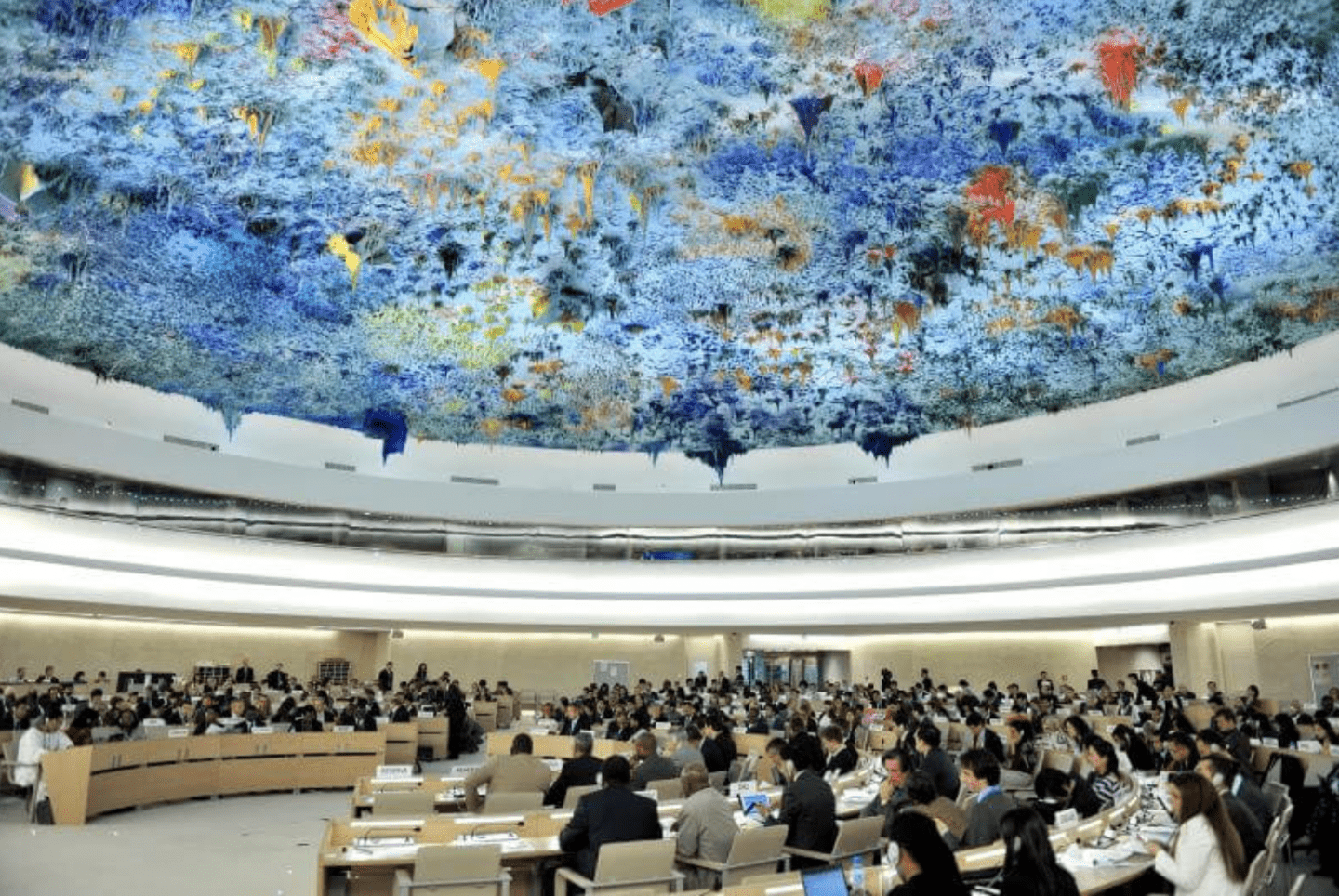
HRC45 – MRG calls for attention on how technology replicates and amplify structural racism in law enforcement
Human Rights Council – 45th Session
Geneva, Thursday 1st October 2020
Oral Update of the High Commissioner on resolution 43/1
General Debate – item 9
Thank you Madame President,
Minority Rights Group welcomes the first oral update from the High Commissioner on the preparation of the report on systemic racism and violations of the rights of people of African descent by the police, in accordance with resolution 43/1.
MRG joins the statement delivered by ACLU earlier today, and we stress in particular the need to ensure that the lived experiences of affected communities and individuals are given a central place in this process, through large and meaningful consultations and public hearings.
Madame President,
Next week, MRG will be launching its annual Trends Report, this year focusing on technology. A particular concern expressed in the report is how structural racism in law enforcement, is now being replicated and amplified through the use of new technologies. As early indications of the use of such technology in for instance the US, the UK and China show, predictive policing measures cannot be objective when the data they learn from is based on ethnic or other structural and historical biases. On the contrary, they replicate and further ossify negative outcomes for people of African descent and other minorities that have been subjected to negative bias.
In the US, PredPol provides location-specific predictive policing to police departments. It is based on the idea that criminal activity is more likely to occur in places where it has happened before. For minority communities already facing over-policing, PredPol steers even more police officers to those areas – creating a discriminatory feedback loop. Also in the US, pre-trial risk assessments are performed by AI, for instance to determine the risk of re-offending. A 2016 study by ProPublica showed that one such tool, COMPAS, was twice as likely to assign higher rates for non-reoffending Black defendants than white defendants. And its predictions regarding re-offending white defendants also tended to be wrong: 50 per cent were assigned a lower risk number.
These are reminders that racist policing and racism in the criminal justice system are not only about racist ideas, but are essentially systemic and structural, and should be addressed as such in the OHCHR report. We hope that recommendations will form a blueprint for the profound reforms that are necessary to address this scourge, in the United States and beyond.
MRG stands ready to collaborate with your office for the success of this important endeavor.
I thank you.